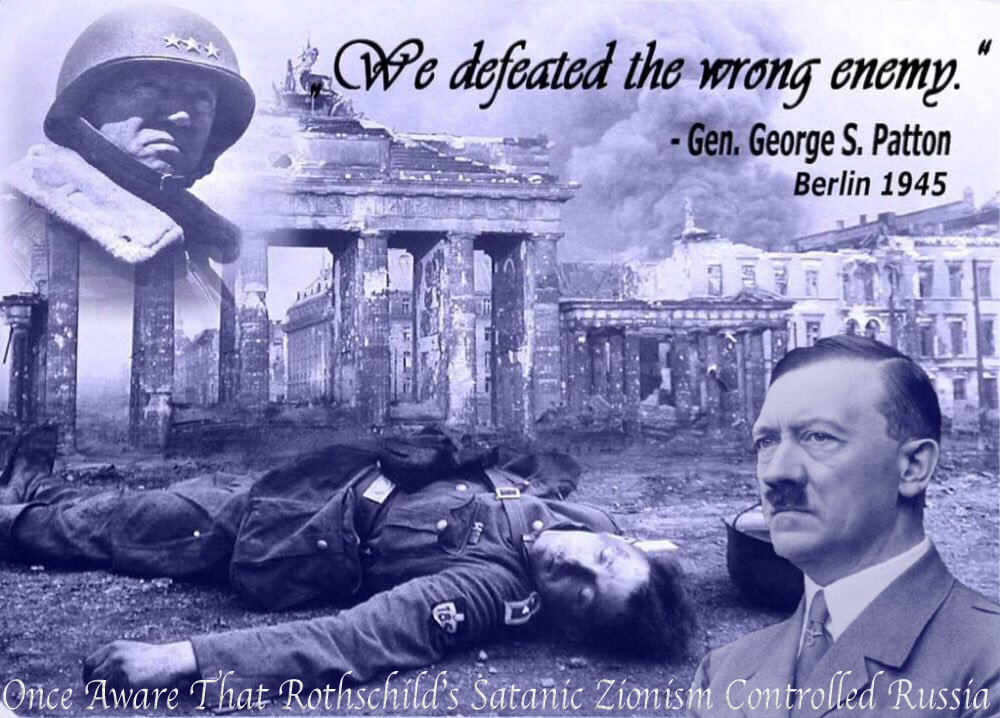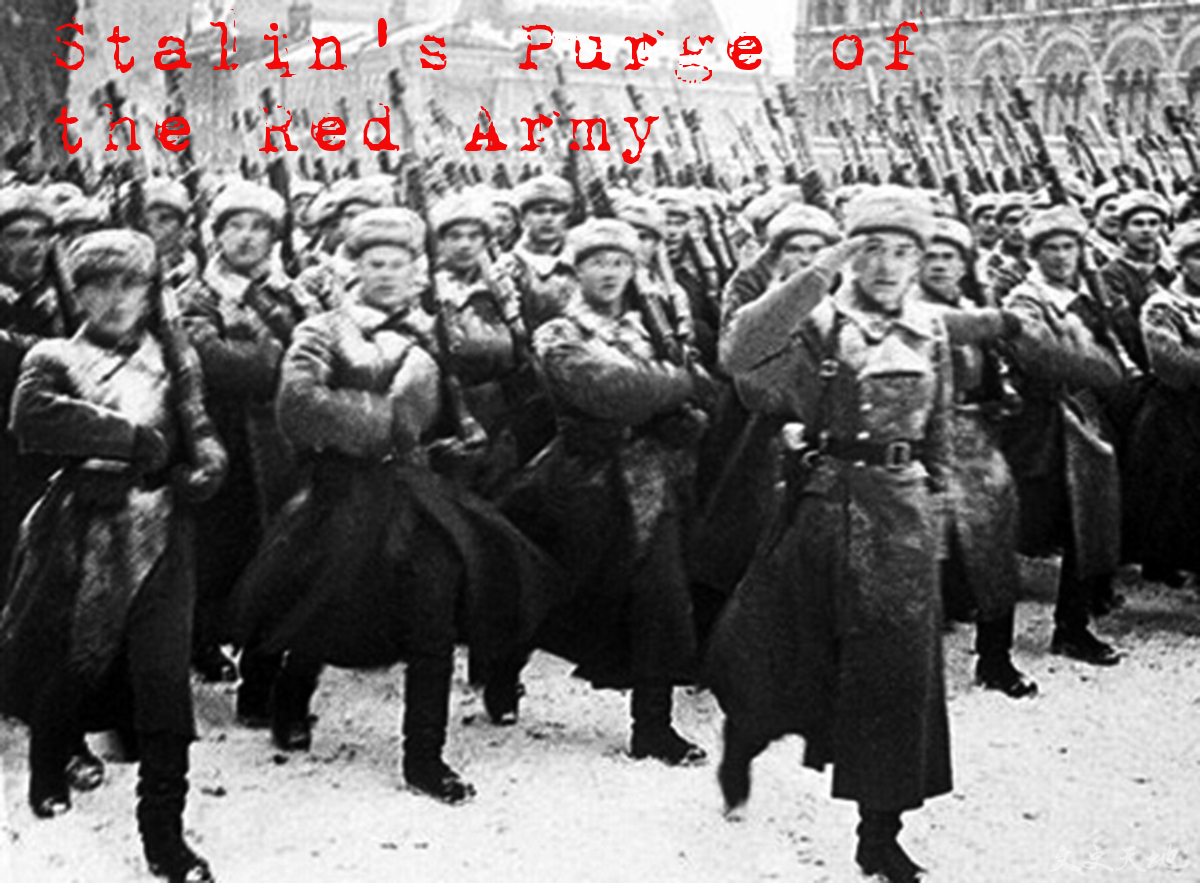Expanding WWII Pt 2: Why Gen. Patton Was a Hero
Expanding WWII Pt 2: Why Gen. Patton Was a Hero Many people don’t know that General Patton and his Third Army wanted to continue fighting.… Read More »Expanding WWII Pt 2: Why Gen. Patton Was a Hero
Expanding WWII Pt 2: Why Gen. Patton Was a Hero Many people don’t know that General Patton and his Third Army wanted to continue fighting.… Read More »Expanding WWII Pt 2: Why Gen. Patton Was a Hero
The Enemy Within: Stalin’s Purge of the Red Army It’s another short post, guys. And there is an inordinate amount of quotes this time around… Read More »The Enemy Within: Stalin’s Purge of the Red Army

